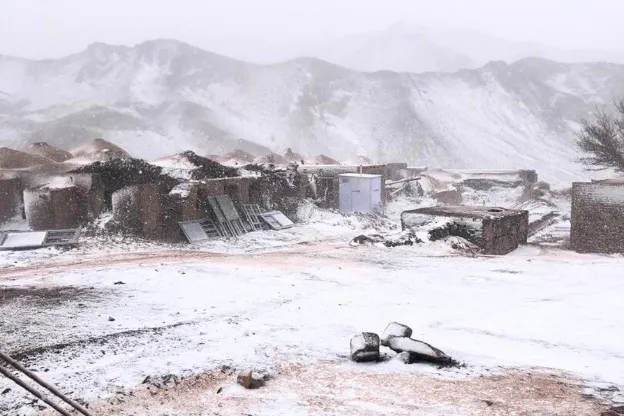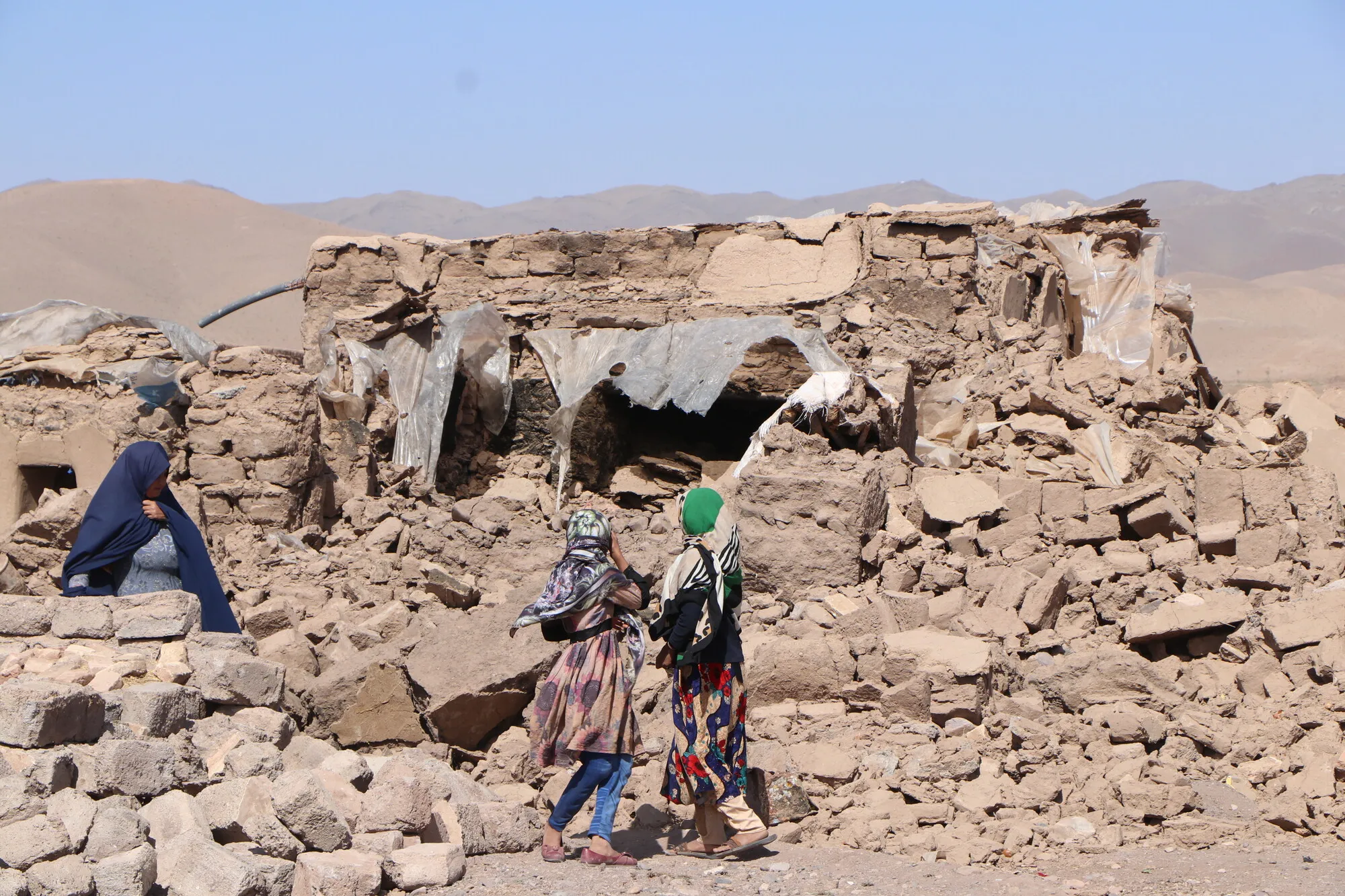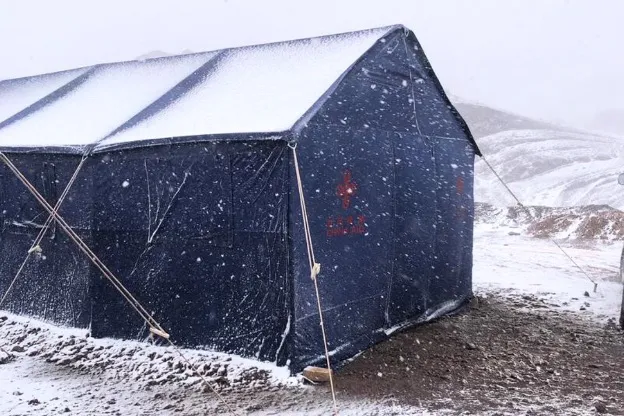Fatima is one of the nearly 275,000 people in Herat, Afghanistan staring down a bleak and harsh season without adequate shelter after the devastating earthquakes here in October.
The quakes claimed 1,480 lives and injured 2,100 others, while over 30,000 homes were reduced to rubble.
“These tents,” Fatima says, “they can’t keep out the winter’s bite. It’s especially hard on the children, they get sick easily in this cold.”
But what happened here is not just about numbers.
It’s a story of silent suffering, especially for women.
A recent UN Women report revealed a harsh truth: more than 50% of those lost, injured, or displaced by the earthquakes were women.
This statistic is another stark reminder of how disasters disproportionately impact the lives of women.
“I’ve never experienced an earthquake as terrifying,” Fatima says.



